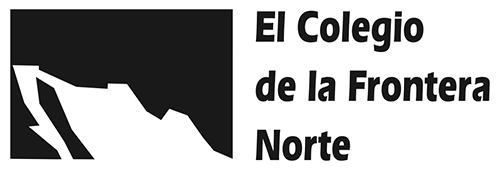
This article aims to analyze elements of the immigration undertaken by Brazilians to the city of Rosario (Argentina) to study medicine. It seeks to understand the nuances of the reterritorialization process through the retrieval of life stories, emphasizing aspects such as difficulties in adapting to the culture and language, the impact on the local economy (especially in the real estate market), and future prospects, among others. The methodology involved individual interviews and the use of the Focus Group technique with 12 immigrants. The results observed the specificities of a migration motivated by study (not work), including the importance of understanding other structural aspects such as national education policies, the role of different actors in the reterritorialization process, and mechanisms of mutual assistance through social networks, among others.
Copyright (c) 2023 Migraciones Internacionales

This work is licensed under a Creative Commons Attribution-NonCommercial-NoDerivatives 4.0 International License.